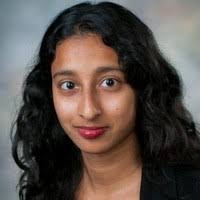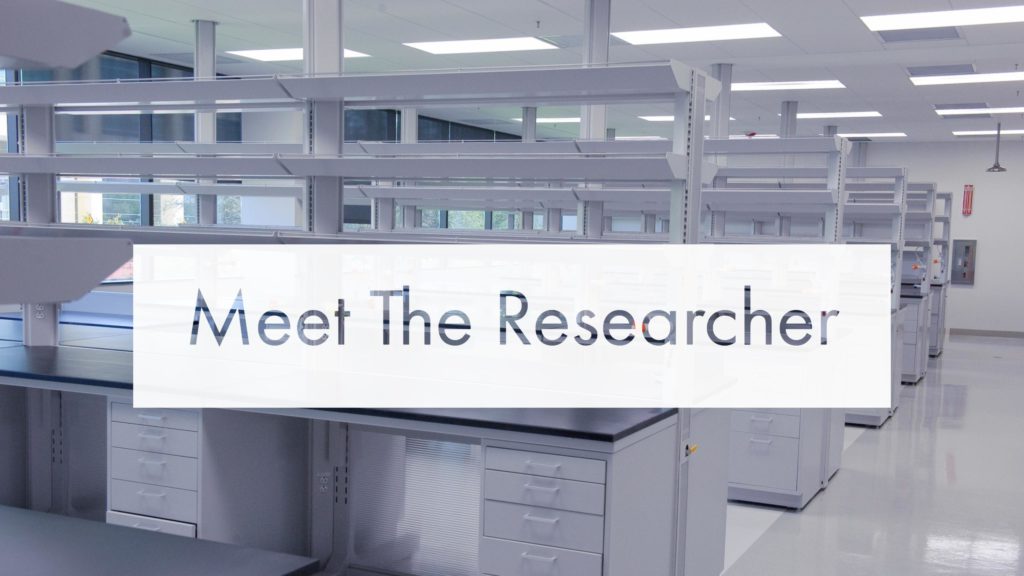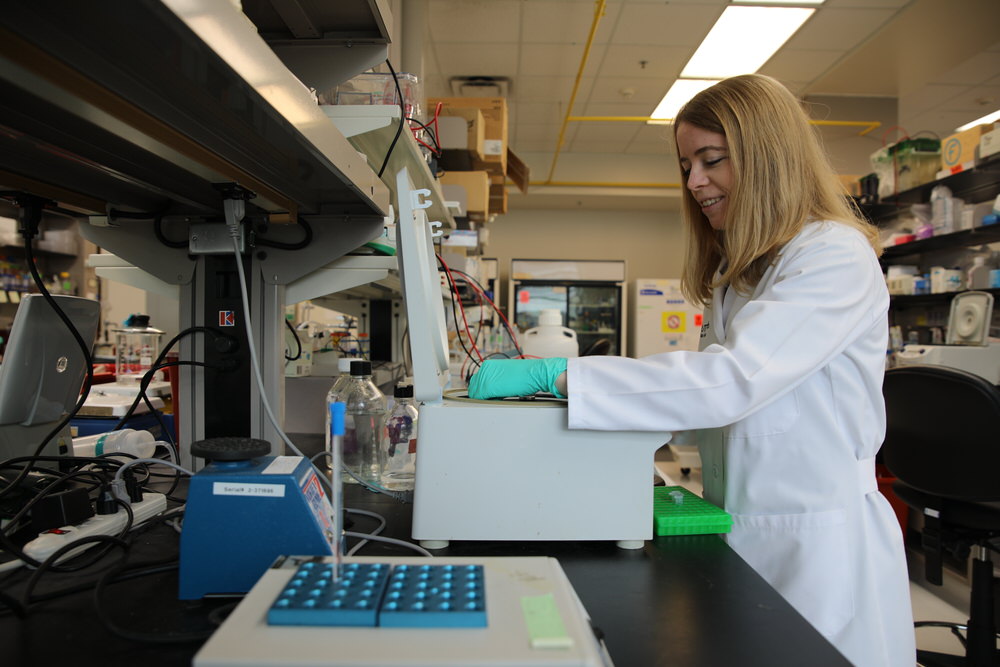Liesl Lawrence: The Horizon Award, Teaching Science and Ewing Sarcoma Research
 Liesl Lawrence recently received the prestigious Department of Defense Health Program Congressionally Directed Medical Research Programs Peer Reviewed Cancer Research Program Horizon Award.
Liesl Lawrence recently received the prestigious Department of Defense Health Program Congressionally Directed Medical Research Programs Peer Reviewed Cancer Research Program Horizon Award.
According to the Department of Defense, the Horizon Award supports junior-level scientists in conducting impactful research with the mentorship of an experienced cancer researcher in the cancer field.
“I was very excited and honored to receive this award,” she said. “It was a unique opportunity since this program doesn’t usually offer pre-doctoral fellowships. It provides support for two years of my Ph.D. program including tuition and fees as well as research materials.”
Lawrence, who grew up in Georgetown, TX, has always been interested in science but recalled that it was in 7thgrade that she became interested in learning about molecular biology.
“I thought that RNA and DNA were the coolest thing ever. I loved learning about the intricate systems we have in our body and how these can go wrong in various diseases.”
 After receiving her bachelor of science in Biology at The Master’s University in California, she started looking for doctoral programs.
After receiving her bachelor of science in Biology at The Master’s University in California, she started looking for doctoral programs.
“When I came to visit UT Health San Antonio, I felt that it was a very collaborative environment and I really liked the people here,” she said.
Currently, Lawrence is a student in the Integrated Biomedical Sciences Ph.D. program in the Cell Biology, Genetics and Molecular Medicine discipline. She is working in the lab of Dr. Alex Bishop on research related to Ewing sarcoma, a rare type of cancer that affects mostly children and teenagers.
The goal of Liesl’s project is to understand the relationship between altered regulation of transcription and splicing in Ewing sarcoma. EWS-FLI1, the fusion oncogene that drives Ewing sarcoma, causes increased levels of global transcription and harmful accumulation of R-loops.
“We have found that Ewing sarcoma cells are extremely sensitive to loss of key factors involved in RNA splicing. My research is connecting the impact of EWS-FLI1 on transcription and splicing, and investigating splicing as a potential therapeutic target in this disease. This is important because current treatment for Ewing sarcoma has severe side effects and there is no second-line treatment for patients who fail to respond to standard chemotherapy.”
So far, Lawrence explains that she is enjoying her time at UT Health San Antonio and the Integrated Biomedical Sciences Ph.D. program.
“I appreciate that in the Cell Biology, Genetics, and Molecular Medicine discipline we have a lot of elective options to choose from rather than having a course structure that is set in stone,” she said. “Also the people like Dr. Renee Yew and Dr. Robin Leach have been incredibly supportive.”
Liesl plans to stay in academia in the future but would like to teach.
“I’ve always tutored other students and I love sharing that excitement about science with others,” she said. “I also had an incredible undergraduate professor who inspired me in college so I would like to be that person for someone else.”
Outside of school, Liesl plays piano for her church group and loves music.
“I love making music and I think that this is not uncommon among scientists…in many ways I see that there is a connection between math and music.”
 This article was written by Charlotte Anthony, marketing specialist at the Graduate School of Biomedical Sciences at UT Health San Antonio. This article is part of the “Meet The Researcher” series which showcases researchers at the Graduate School of Biomedical Sciences at University of Texas Health Science Center San Antonio.
This article was written by Charlotte Anthony, marketing specialist at the Graduate School of Biomedical Sciences at UT Health San Antonio. This article is part of the “Meet The Researcher” series which showcases researchers at the Graduate School of Biomedical Sciences at University of Texas Health Science Center San Antonio.


